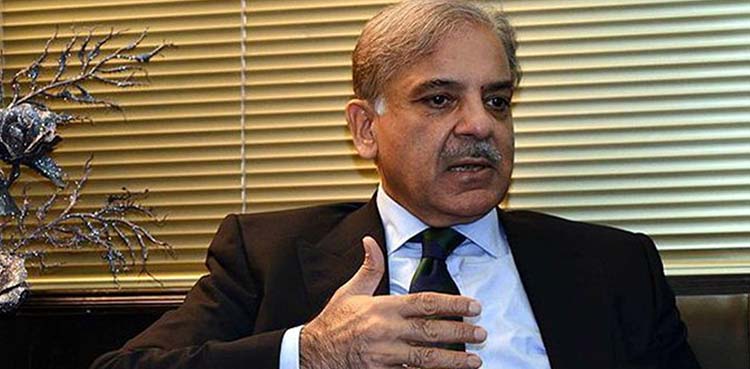Becoming a parent is a great feeling.
It is an equal joy for both mother and father. Nurturing a baby is a highly engaging job and by being a parent the responsibility becomes multifold in addressing the baby’s emotional and temperamental needs. This becomes all the more important if the parents fail to stay together because of divorce or separation. In many cases, the child becomes a weapon to use against the parent who is more vulnerable.
Sadly it is mothers who as single parents remain the most vulnerable until the child turns 18 – for that is when the child is now an adult and can decide who s/he wants to stay with, without the interference of law.
Single mothers have to deal with double trauma in most cases. Firstly, of tending to the child’s emotional and financial needs, and then the complications within the administrative structure that make the presence of the father mandatory at every step of registration, admission, and verification of a child’s identity.
On Mothers’ Day this year, it is important to understand the need of introducing laws and revising existing laws in Pakistan so they enable women as single parents to bring up their children with legitimate control over their child’s life.
Ms Syed, who is a young mother of a teenager, has been raising her son single-handedly for the past 11 years. The divorcee from her former husband had ended her ordeal of mental torture and harassment on a daily basis. Despite that, it led to a decade of legal struggle and further mental anguish that her ex-husband unleashed over her for the custody of the child who he never really wanted to take the responsibility of. He only filed the custody case to intimidate his ex-wife, who in fact wanted to raise their son.
Syed says she had to blow around Rs8 lac over the legal procedures which eventually permitted her the guardianship of her son. The case kept delaying because the father kept filing appeals to reconsider his plea. “He was not interested in keeping our child because he was always filing appeals to reconsider his plea,” she says. “He was doing this because he was unemployed although he never tried to change that.”
The crux of the case was that the father was not interested in keeping their child as he was financially incapable of supporting his needs and emotionally unwilling to change himself after becoming a parent.
Syed has been a media professional for around 15 years now. Although keeping up with life with all the obstacles was not easy, she is glad her son is close to her and she is a happier mom compared to when she was married. She says she has decided not to remarry because she is concerned if the new man will treat her son well, or even worse than how his real father did.
Alia Malik, a family lawyer, says that the responsibility of parenting a child in a better way largely falls on mothers’ shoulders.
Dealing with family cases on a daily basis, she is of the view that the majority of men want to back out of fulfilling the responsibility of a parent. Malik says that men, whether separated or divorced, are more interested in taking out their vengeance on their partners without considering the fact that there is a child involved.
Malik practices law in Lahore with the Asma Jahangir’s Legal Aid Cell (AGHS). The organisation deals with hundreds of child custody and guardianship cases on a yearly basis.
“Though the law supports the parent who can provide the best life to the child, the delays in the legal system are a source of great distress to the willing parent, whether it is a father or a mother,” says Advocate Malik.
“However, men are increasingly inching away from getting custody on the grounds that they are not willing to take up the maintenance costs of a child with a partner they do not want to live with anymore,” she adds. “And this ultimately leaves the child’s entire burden of bringing up to the mothers alone.”
She adds that if a child’s custody case is in the court, both the parents are bound not to take the child outside the jurisdiction of the court without official permission. And if a parent remarries, he or she ends up losing the preferential right to get the child’s custody. In most cases, this has left the mother a ‘preferred custodian’ of a child by courts.
Seven-year-old Warda is being raised by her mother alone. She was disowned by her father at birth. He desired his first child to be a son and blamed his wife Erum for cheating on him and asked her to move out. His mother kept telling Erum that her son could marry again for a son.

Erum has been working in the field of business communications for the past 13 years. Erum recalls that though the trauma of receiving divorce from her former husband was huge at that time, she is glad her child is with her and he does not claim any rights on her.
However, this led to other complications when Erum went through her child’s documentation with NADRA. The database authority requires both parents to vouch the identity of their child. Her husband did not cooperate with her at any stage and she had to use her contacts to get things done from the backdoor so her child could be registered as a citizen of Pakistan and also get enrolled in a school, etc.
Although her former husband is not bothered how Warda is keeping up, Erum cannot travel with Warda to a foreign country. She said she could not take her daughter for umra because her father would not show up to get a passport made. She is not sure if Warda could get a passport issued when she is 18.
The legal requirement for fathers, who steer clear of their financial and moral responsibilities by their sheer absence, is a gap that law can fill to favor single mothers willing to be there for their children single-handedly.
This Mothers’ Day lets us remember these unsung heroines around us.
A very Happy Mothers’ Day to all single super moms.



















































